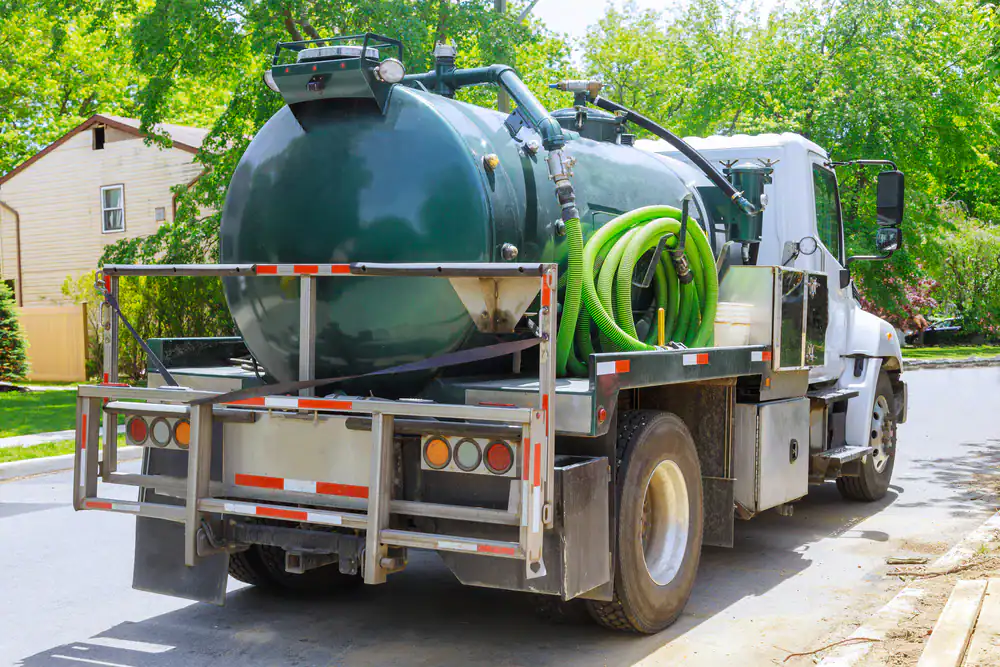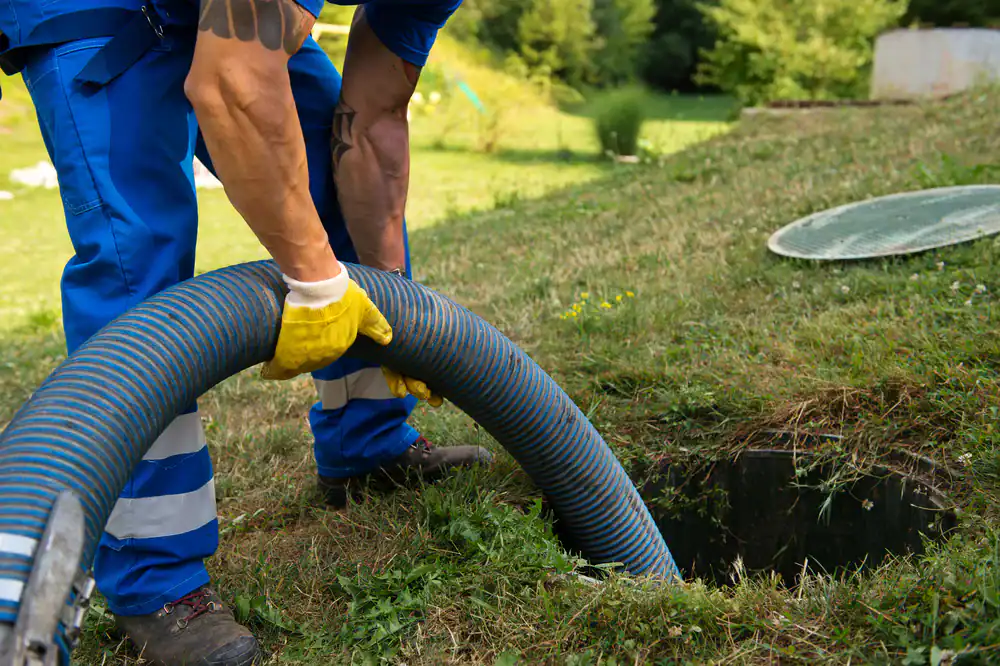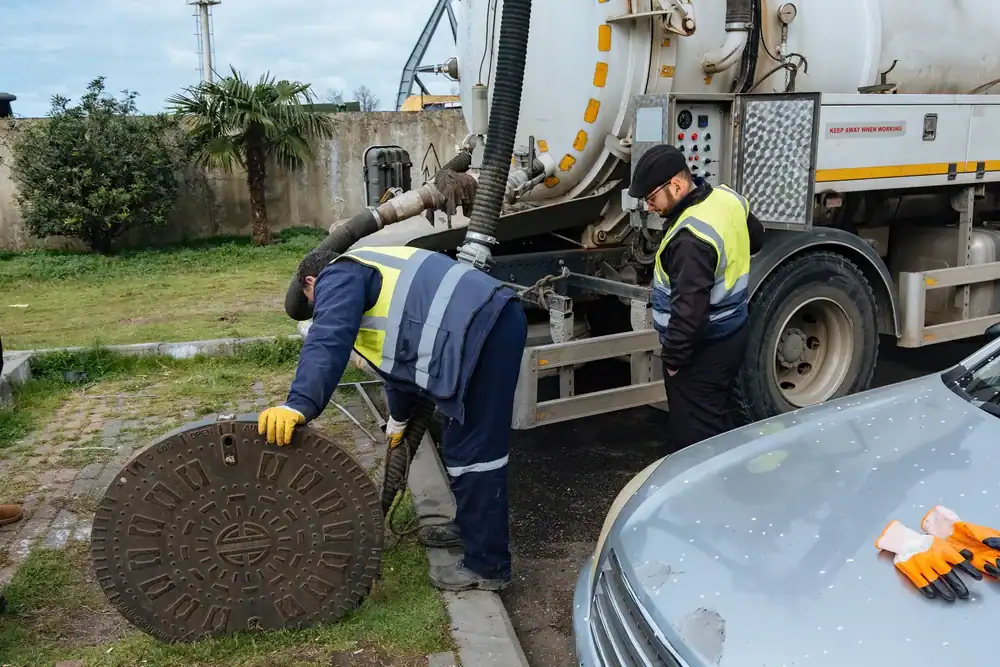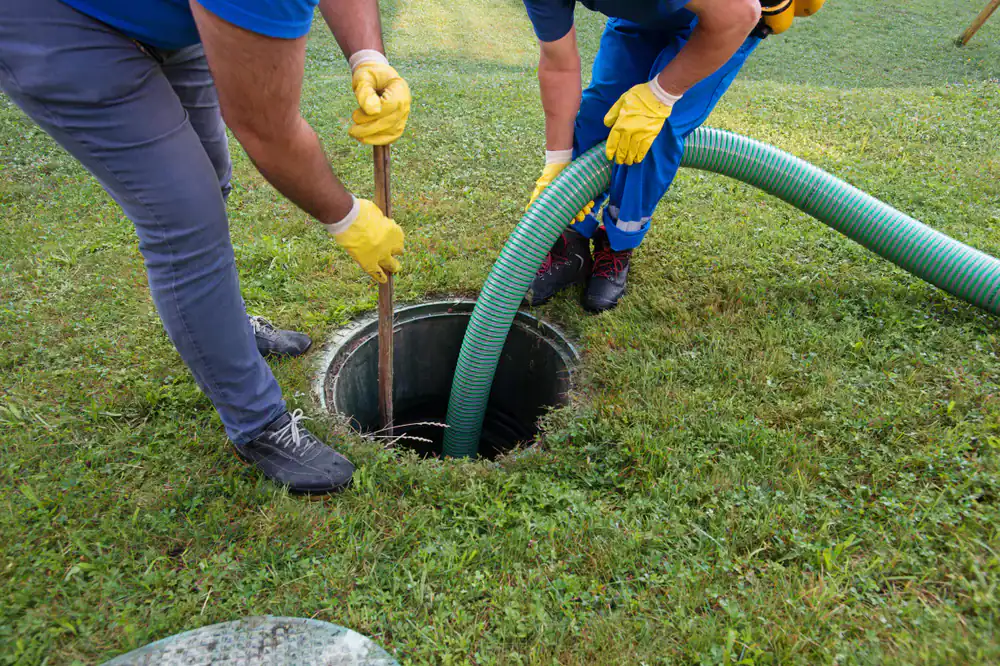
Our Reviews

When your septic system fails, you’re not just dealing with an inconvenience. You’re facing potential health hazards, property damage, and the stress of finding someone who actually knows what they’re doing.
Here’s what changes when we handle your septic tank plumbing. Your drains flow freely again. That awful smell disappears. Your yard stops turning into a swamp every time someone flushes.
More importantly, you get a system that works reliably for years to come. No more weekend emergencies. No more wondering if that gurgling sound means disaster. Just a properly functioning septic system that does its job quietly and efficiently, the way it should.
All Rooter Hydro Jetting Experts Inc. has been solving septic problems for Chicago-area homeowners and businesses for years. We’re licensed, bonded, and insured because your property deserves protection, not risk.
Illinois septic systems face unique challenges. Clay soil conditions, freeze-thaw cycles, and older system designs create problems that generic solutions can’t fix. We understand these local conditions because we’ve been working in them.
When you call us, you’re getting technicians who’ve seen every type of septic failure this area produces. We know which solutions work long-term and which ones just waste your money.

First, we assess your septic emergency with a thorough inspection. Our technicians locate the problem source, whether it’s a clogged line, failed pump, or drain field issue. You get upfront pricing before any work begins.
Next, we execute the repair using the right equipment for your specific situation. This might involve hydro jetting to clear severe blockages, pump repairs, or drain field restoration. We explain what we’re doing and why.
Finally, we test the system to ensure everything works properly. You’ll know your septic system is functioning correctly before we leave. We also provide guidance on preventing future problems and maintaining your system’s health.

Ready to get started?
Your septic tank plumbing service includes comprehensive system evaluation, emergency repairs, and preventive maintenance. We handle everything from simple drain clogs to complete drain field restoration.
Woodland Hills properties often deal with specific challenges like clay soil infiltration and aging system components. Our service addresses these local conditions with solutions that work in Illinois climate and soil conditions.
You’ll receive detailed documentation of all work performed, warranty information, and maintenance recommendations specific to your system. We’re not just fixing today’s problem—we’re helping you avoid future emergencies through proper system care and early problem detection.

We provide 24/7 emergency septic services throughout Woodland Hills and the greater Chicago area. Most emergency calls receive same-day response, often within hours of your call.
Septic emergencies can’t wait for business hours. Raw sewage backing up into your home or pooling in your yard creates immediate health hazards and property damage risks. Our emergency technicians carry the equipment needed to handle most common septic failures on the first visit.
Response time depends on your location and current emergency call volume, but we prioritize true emergencies involving health hazards or property damage. When you call, we’ll give you an accurate arrival time and emergency guidance to minimize damage until we arrive.
Illinois septic systems face unique challenges that accelerate failure. Clay soil common in the Chicago area doesn’t drain well, causing drain fields to become saturated and fail prematurely. Freeze-thaw cycles can crack pipes and damage system components.
Older systems in established neighborhoods often weren’t designed for modern water usage patterns. Today’s households use more water than systems installed 20-30 years ago were designed to handle. This overloads the system and causes premature failure.
Poor maintenance also contributes to system failure. Septic tanks need regular pumping every 3-5 years, depending on household size and usage. When tanks aren’t pumped regularly, solids overflow into drain fields, clogging the soil and requiring expensive restoration work.
Septic repair costs vary significantly based on the problem type and system complexity. Simple drain line clogs might cost a few hundred dollars, while complete drain field restoration can run several thousand dollars.
We provide upfront pricing before starting any work. You’ll know exactly what the repair costs before we begin, with no hidden fees or surprise charges. Emergency service calls include diagnostic time, so you’re not paying extra just to find out what’s wrong.
Most homeowners find our transparent pricing saves money compared to contractors who start work before explaining costs. We believe you should make informed decisions about your property, which means understanding both the problem and the investment required to fix it properly.
Many drain field problems can be resolved without full excavation using advanced techniques like hydro jetting and targeted repairs. We evaluate each situation to determine if restoration is possible or if replacement is necessary.
Hydro jetting can clear biological buildup and minor blockages that cause drain field failure. This process uses high-pressure water to restore proper drainage in existing lines. For systems with good structural integrity, this approach can extend drain field life significantly.
However, some failures require excavation and replacement. Crushed pipes, severe root intrusion, or completely saturated soil conditions can’t be fixed with restoration techniques. We’ll honestly assess your situation and recommend the most cost-effective long-term solution, whether that’s restoration or replacement.
Most Illinois septic systems need pumping every 3-5 years, but frequency depends on household size, water usage, and system design. Larger households or homes with garbage disposals may need more frequent pumping.
Clay soil conditions common in the Chicago area make regular pumping even more critical. When septic tanks overflow into clay-based drain fields, the fine particles quickly clog soil pores, leading to expensive drain field failures.
We recommend keeping pumping records and scheduling service before problems develop. Emergency pumping during system failure costs more and often indicates damage that could have been prevented with regular maintenance. Proper maintenance scheduling protects your investment and prevents inconvenient failures.
Call immediately if you notice sewage backing up into drains, toilets that won’t flush properly, or strong sewage odors around your property. These indicate serious system failures that pose health risks and can cause extensive property damage.
Slow drains throughout the house, gurgling sounds from plumbing fixtures, and wet spots or lush grass growth over the drain field also signal system problems. While not immediate emergencies, these symptoms indicate developing failures that will worsen without professional attention.
Don’t ignore early warning signs hoping the problem resolves itself. Septic system problems always get worse over time, and early intervention costs significantly less than emergency repairs. When you notice any unusual symptoms, call for professional evaluation before minor issues become major expenses.